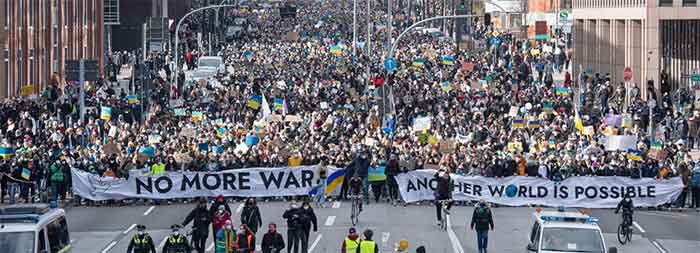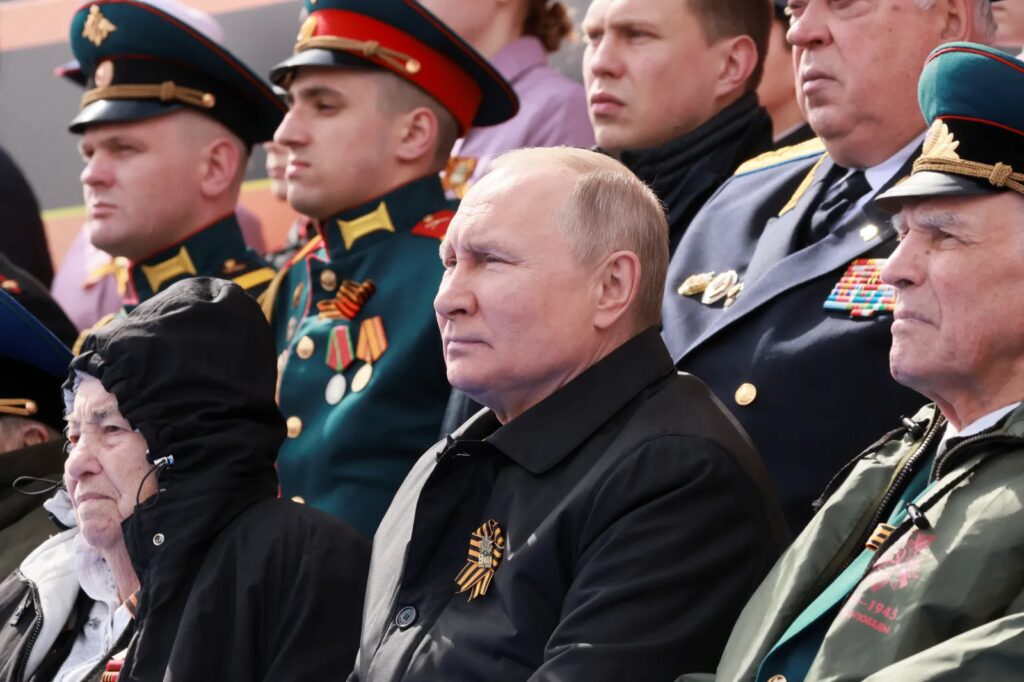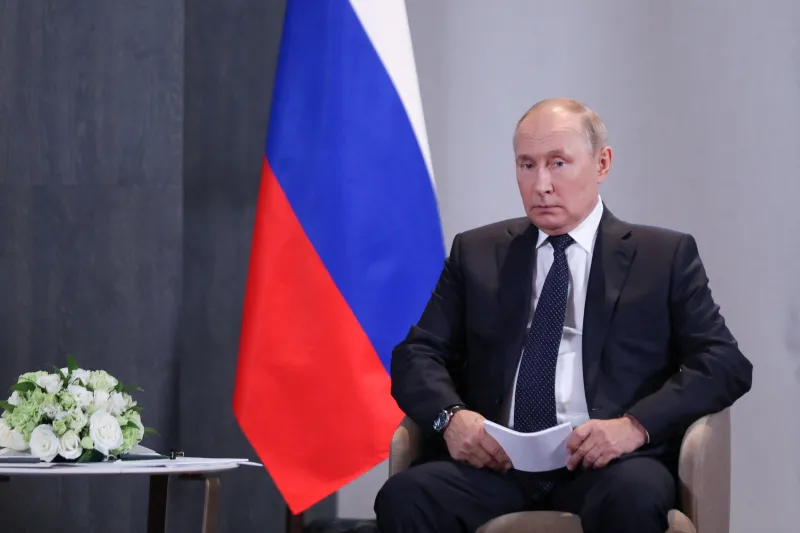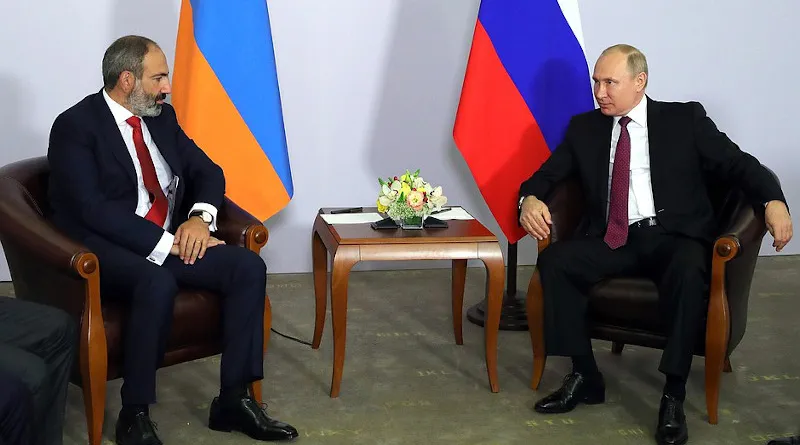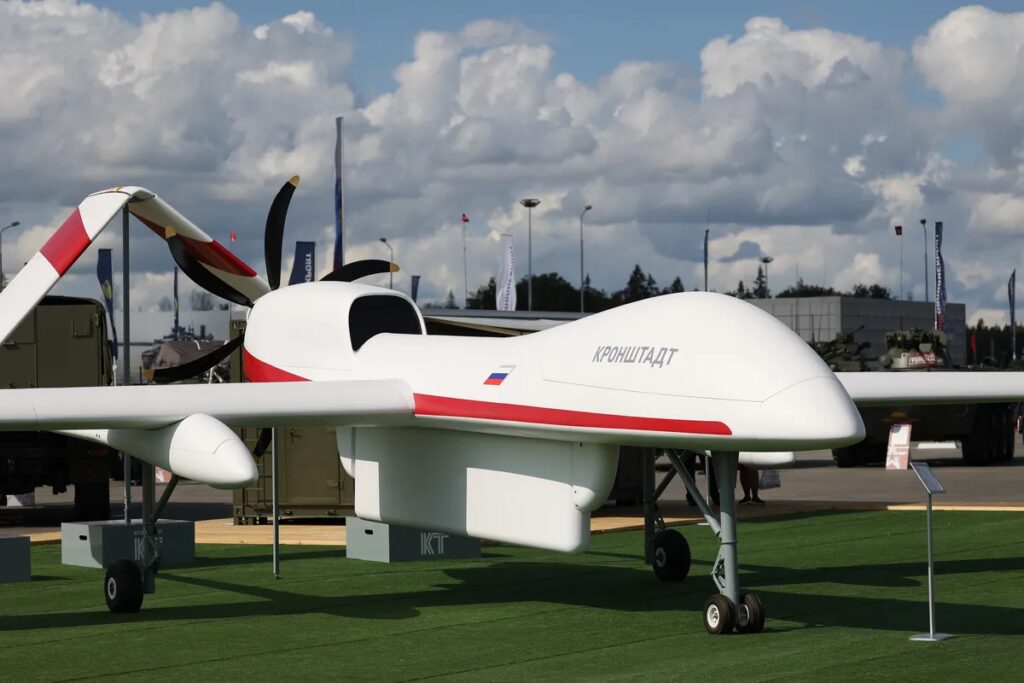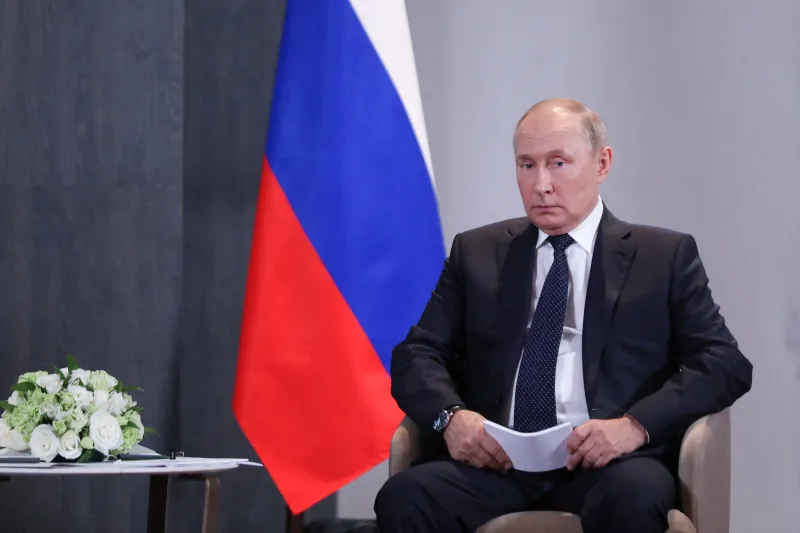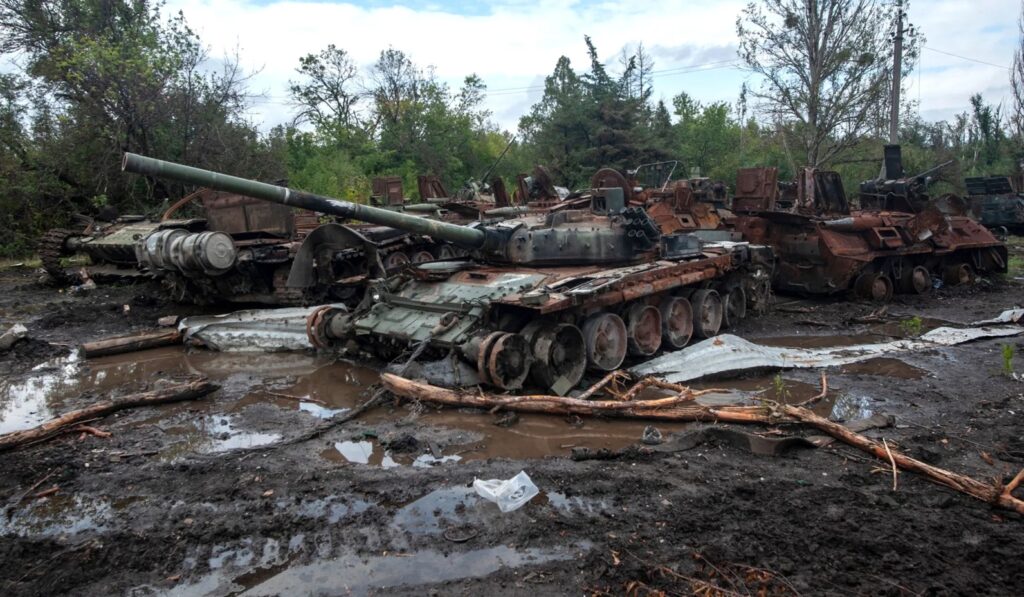What Do Americans Care About? Not a Cold War With Russia and China
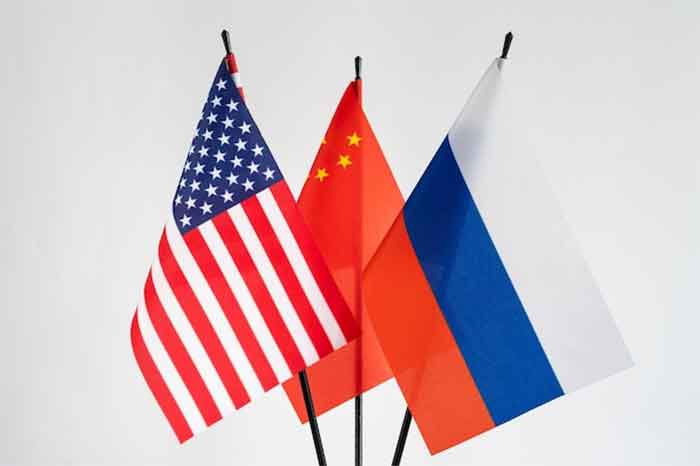
The Biden administration will soon release its National Security Strategy, which is being revised in the wake of Russia’s invasion of Ukraine. The document will no doubt trigger a renewed debate about how the United States should gear up for a new Cold War against Russia and China. But before we plunge into a global great-power competition, it’s worth recalling President Biden’s promise to create a “foreign policy for the middle class” and take a look at what most concerns Americans.

